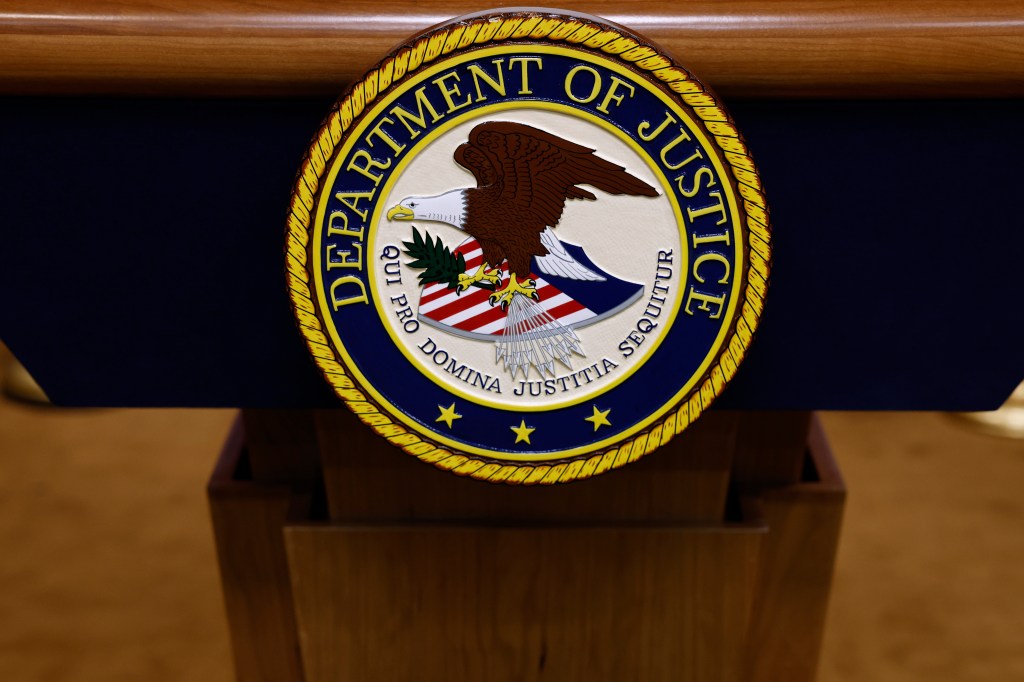Consumer Duty, open banking, crypto regulation, the emergence of central bank digital currencies, transaction transparency, recordkeeping and the rollout of the UK’s government’s Edinburgh reforms were all identified as key themes.
Branko Bjelobaba, general insurance specialist
Next year will be all about the building in of Consumer Duty. So ensuring
Register for free to keep reading
To continue reading this article and unlock full access to GRIP, register now. You’ll enjoy free access to all content until our subscription service launches in early 2026.
- Unlimited access to industry insights
- Stay on top of key rules and regulatory changes with our Rules Navigator
- Ad-free experience with no distractions
- Regular podcasts from trusted external experts
- Fresh compliance and regulatory content every day













